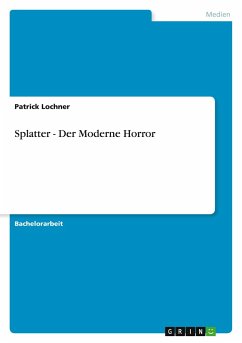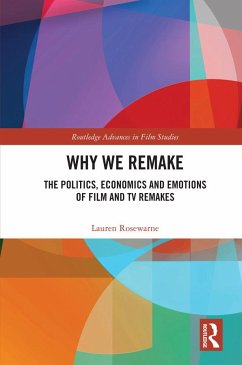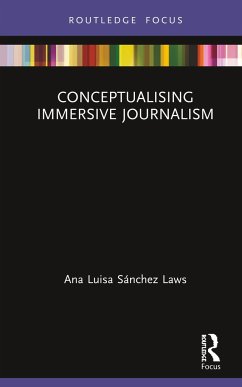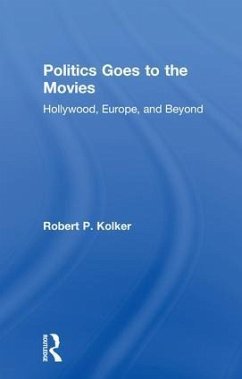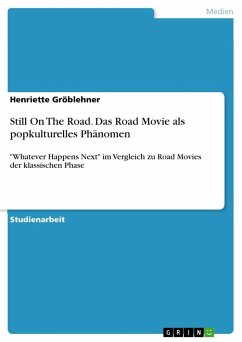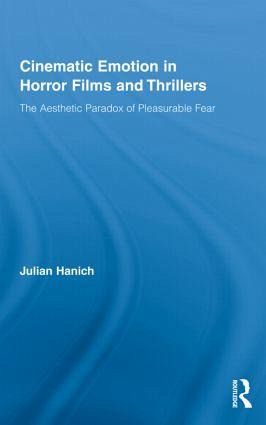
Cinematic Emotion in Horror Films and Thrillers
The Aesthetic Paradox of Pleasurable Fear
Versandkostenfrei!
Versandfertig in 1-2 Wochen
186,99 €
inkl. MwSt.
Weitere Ausgaben:

PAYBACK Punkte
93 °P sammeln!
Why can fear be pleasurable? Why do we sometimes enjoy an emotion we otherwise desperately wish to avoid? And why are the movies the predominant place for this paradoxical experience? These are the central questions of Julian Hanich's path-breaking book, in which he takes a detailed look at the various aesthetic strategies of fear as well as the viewer's frightened experience. By drawing on prototypical scenes from horror films and thrillers like Rosemary's Baby, The Silence of the Lambs, Seven and The Blair Witch Project, Hanich identifies five types of fear at the movies and thus provides a ...
Why can fear be pleasurable? Why do we sometimes enjoy an emotion we otherwise desperately wish to avoid? And why are the movies the predominant place for this paradoxical experience? These are the central questions of Julian Hanich's path-breaking book, in which he takes a detailed look at the various aesthetic strategies of fear as well as the viewer's frightened experience. By drawing on prototypical scenes from horror films and thrillers like Rosemary's Baby, The Silence of the Lambs, Seven and The Blair Witch Project, Hanich identifies five types of fear at the movies and thus provides a much more nuanced classification than previously at hand in film studies. His descriptions of how the five types of fear differ according to their bodily, temporal and social experience inside the auditorium entail a forceful plea for relying more strongly on phenomenology in the study of cinematic emotions. In so doing, this book opens up new ways of dealing with these emotions. Hanich's study does not stop at the level of fear in the movie theater, however, but puts the strong cinematic emotion against the backdrop of some of the most crucial developments of our modern world: disembodiment, acceleration and the loosening of social bonds. Hanich argues that the strong affective, temporal, and social experiences of frightening movies can be particularly pleasurable precisely because they help to counterbalance these ambivalent changes of modernity.






